Race Day Live Stimulus checks were a key part of the government’s response during the pandemic, helping Americans financially.
However, while most people receive their payments, some taxpayers are now finding that they will get a surprise payment from the IRS.
Here’s what you need to know about these unexpected stimulus checks and why some taxpayers are getting more money.
Who is Getting the Extra Payment?
In an unusual move, the IRS is sending payments to 1 million taxpayers who missed out on claiming a stimulus credit when filing their 2021 tax return.
The majority of these taxpayers didn’t realize they were eligible for the Recovery Rebate Credit — a payment that was part of the last round of stimulus checks issued during the pandemic. Many people didn’t claim it correctly, and as a result, the IRS is now sending out the funds.
What is the Recovery Rebate Credit?
The Recovery Rebate Credit was a key part of the third round of economic impact payments. The credit was worth up to $1,400 per person or $2,800 for married couples filing jointly in 2021.
It also applied to qualifying dependents, including children, college students, adults with disabilities, and even parents and grandparents. Many taxpayers who didn’t claim this credit properly when they filed their 2021 return will now get the money automatically from the IRS.
How Will I Receive the Payment?

You don’t need to do anything extra to receive the money. If you’re eligible, the payment will be sent automatically, either through direct deposit or as a paper check in the mail. The IRS will also send a letter informing taxpayers that they’ll be receiving the money.
While the IRS did not specify exact dates, payments were expected to start going out in December 2024, with most payments arriving by late January 2025.
How Much Money Will You Receive?
The amount of money varies depending on your situation. For example:
- Single filers without dependents: Up to $1,400.
- Married couples filing jointly with children: Up to $5,600.
If you had dependents, you could also receive up to $1,400 for each qualifying dependent on your 2021 tax return. The IRS is estimated to distribute about $2.4 billion in total, meaning the average taxpayer in this group will get $2,400.
Why Did the IRS Wait to Send These Payments?
For most people, stimulus checks were sent years ago, so why is the IRS sending out payments now? The IRS discovered that about 1 million people missed out on claiming the credit, likely due to mistakes or confusion when filing their 2021 tax returns.
The IRS is now reviewing its internal data and issuing payments automatically to those who qualified but didn’t claim the credit before.
This is seen as an effort to make sure people get the money they are owed without having to go through the complicated process of filing amended returns.
Who Won’t Receive a Payment?
It’s important to note that not everyone will receive a stimulus check. If you already received all the money you were entitled to from previous rounds of payments, you will not get any more money now.
Additionally, if you never filed a 2021 tax return, you won’t qualify for the Recovery Rebate Credit now. Similarly, individuals who were claimed as dependents or who are nonresident aliens for tax purposes won’t be receiving the payment.
Read More:
- Eligible California Families Can Claim $725 in January 2025 Stimulus Relief
- Unlock Up to $7,830 in Stimulus Payments: Here’s How to Maximize Your Tax Benefits
How Do I Know If I’m Eligible?
If you haven’t already received your full payment from the 2021 stimulus package, you may be eligible for the Recovery Rebate Credit. Here are some examples of who might qualify:
- Parents of a child born in 2021: You may qualify for a credit for your newborn if you didn’t claim it before.
- College students or young adults: If you were claimed as a dependent in 2020 but filed your own return in 2021, you could qualify.
- People who saw a drop in income in 2021: If your income dropped in 2021, making you eligible for the credit, you could receive a stimulus payment now, even if you weren’t eligible before.
Why Did the IRS Take So Long?
The IRS has been facing a significant backlog of unprocessed tax returns and other paperwork, which contributed to the delay. With new IRS leadership taking charge in 2023, the agency has been working hard to catch up on old returns, and this is part of that effort.
By issuing automatic payments now, the IRS hopes to settle these issues without requiring taxpayers to go through the lengthy process of amending their returns.
What If I Haven’t Filed a 2021 Tax Return?
If you didn’t file your 2021 return yet, there’s still time. The deadline for filing is April 15, 2025.
If you qualify, you can still claim the Recovery Rebate Credit by submitting your tax return. Just make sure to file on time, as the IRS won’t accept late returns after the deadline.
Conclusion
If you receive a surprise stimulus payment from the IRS, it’s because you missed out on claiming the Recovery Rebate Credit during your 2021 tax filing.
The IRS is now sending this money automatically to make sure people get the funds they are owed. It’s a good idea to check your bank account and mailbox to see if the payment has arrived.


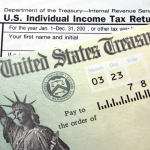
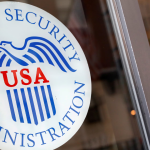




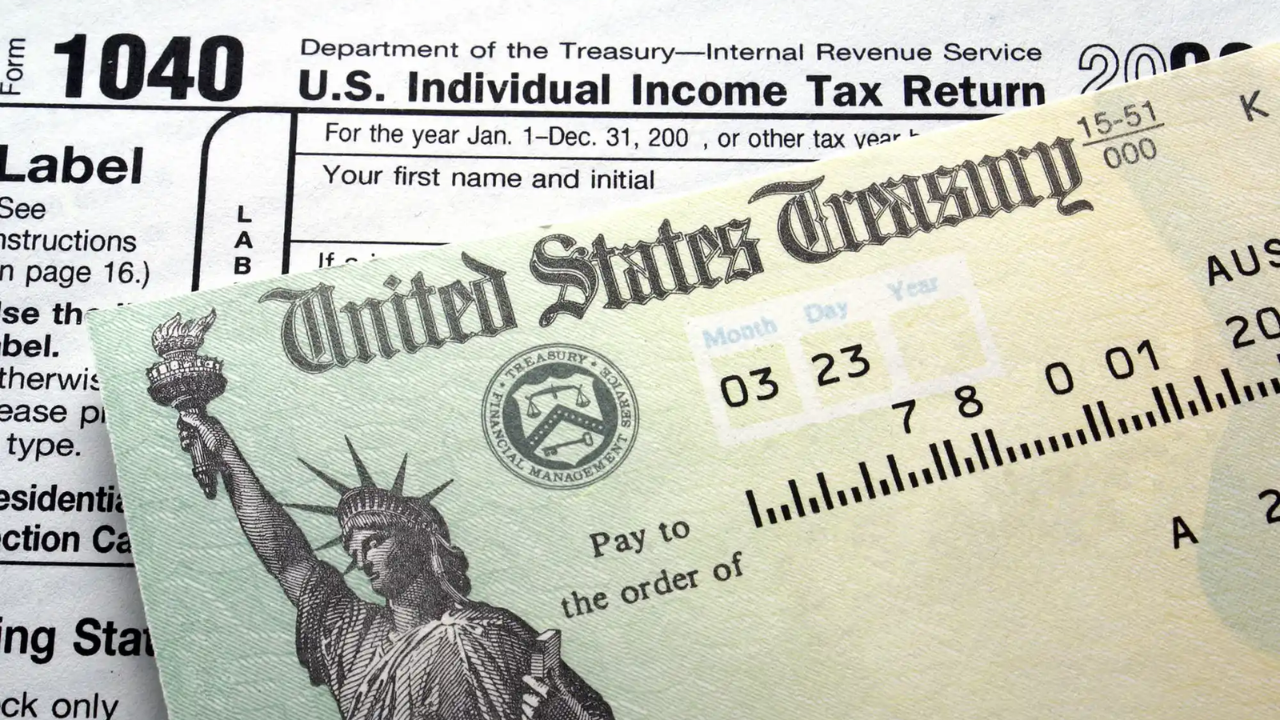

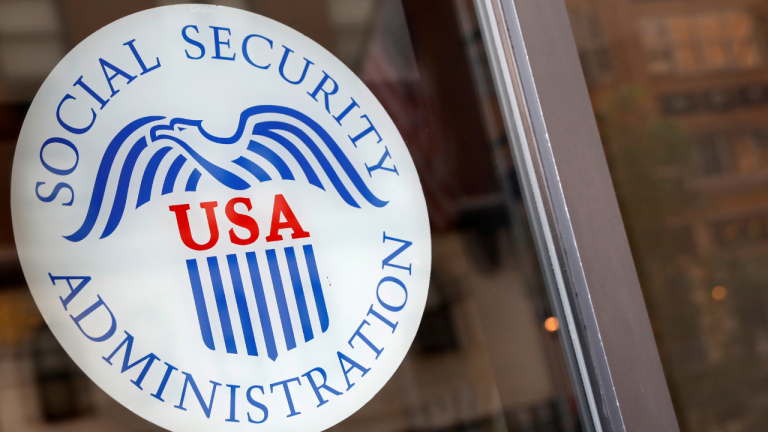

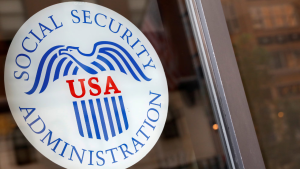

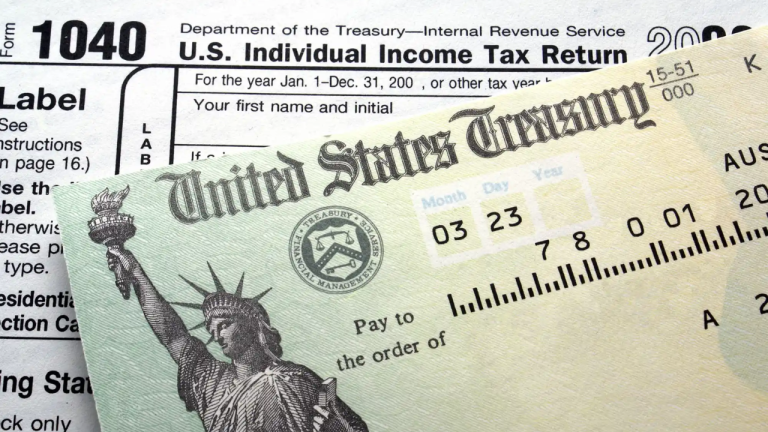






+ There are no comments
Add yours